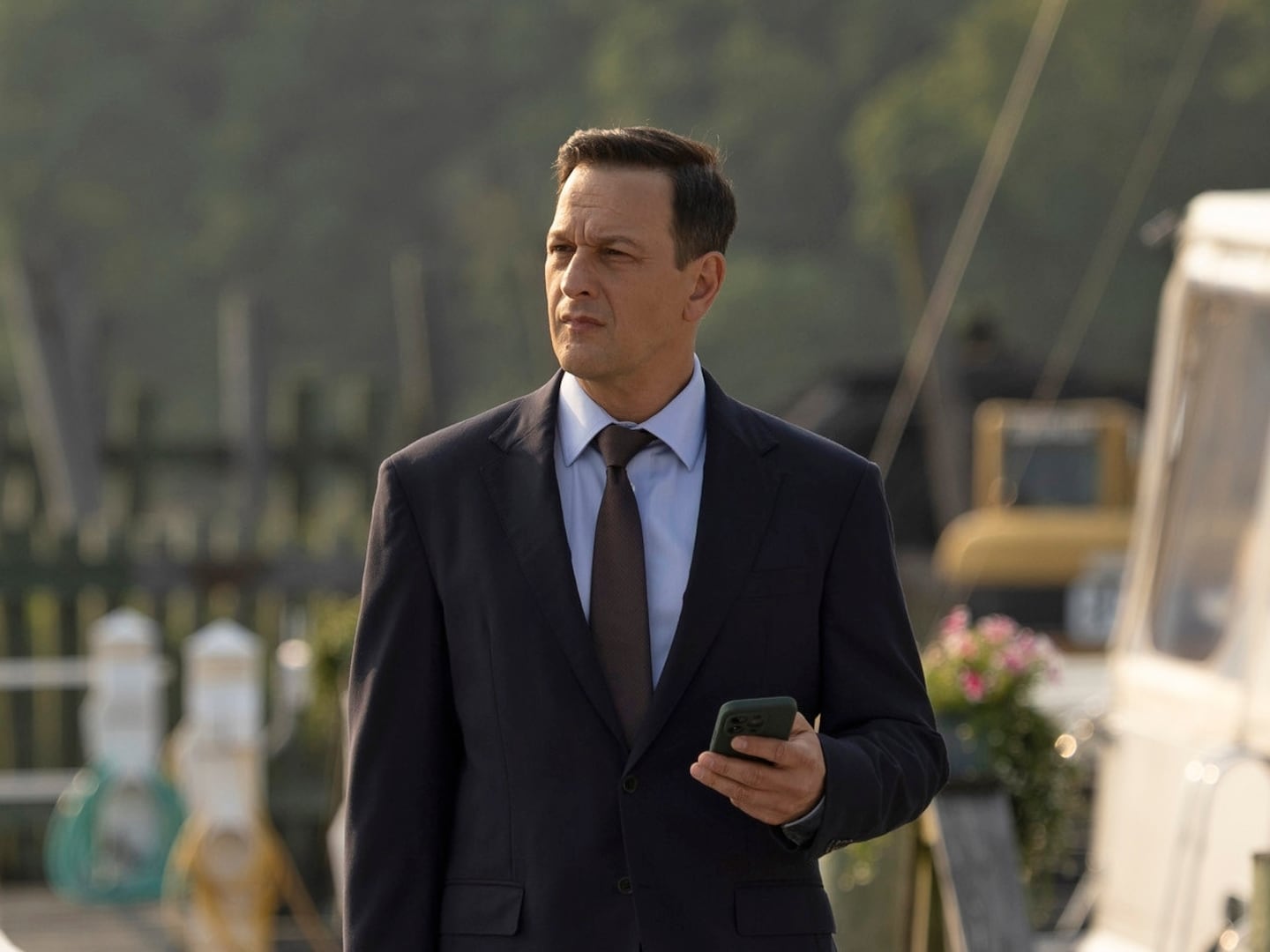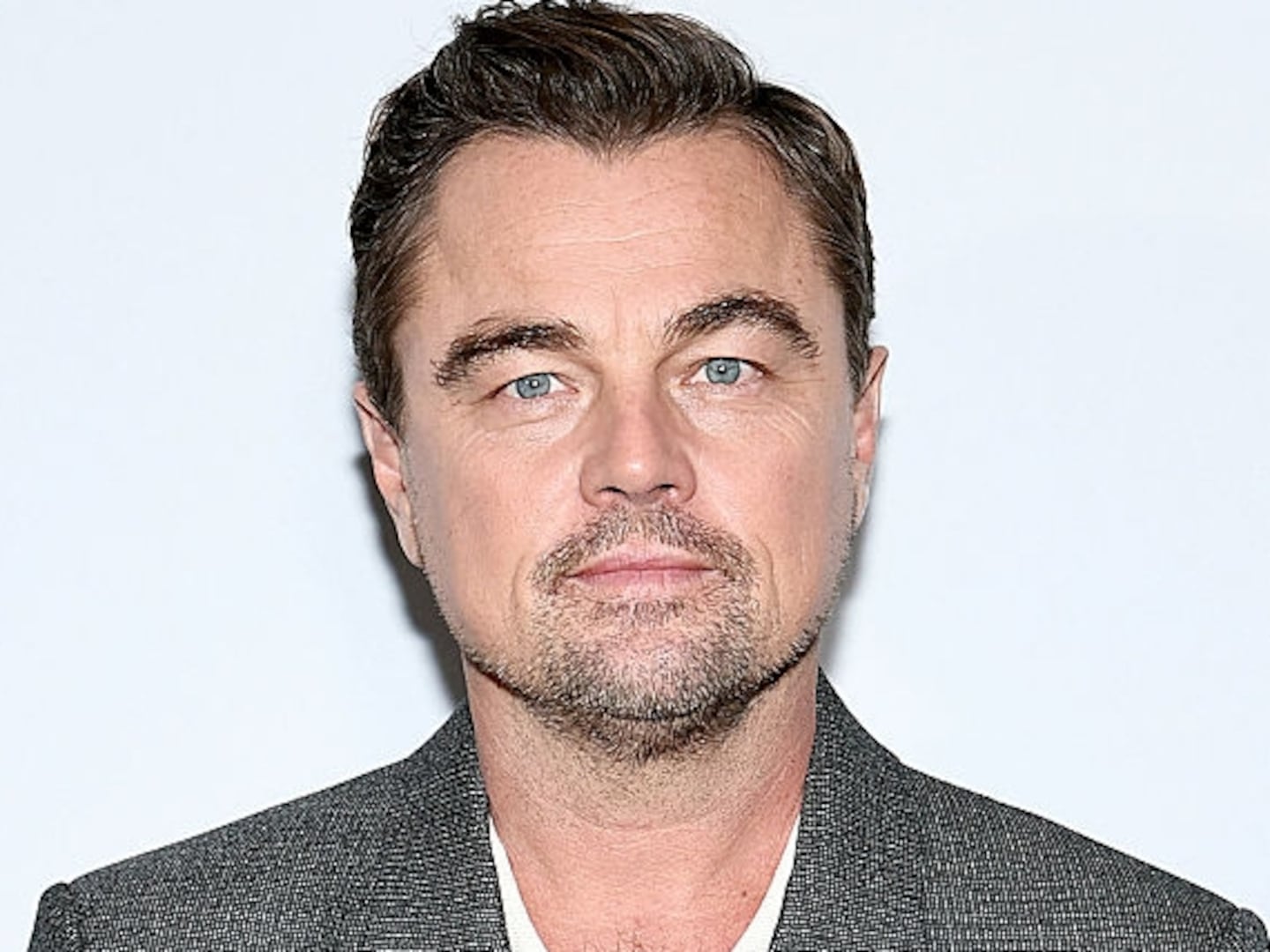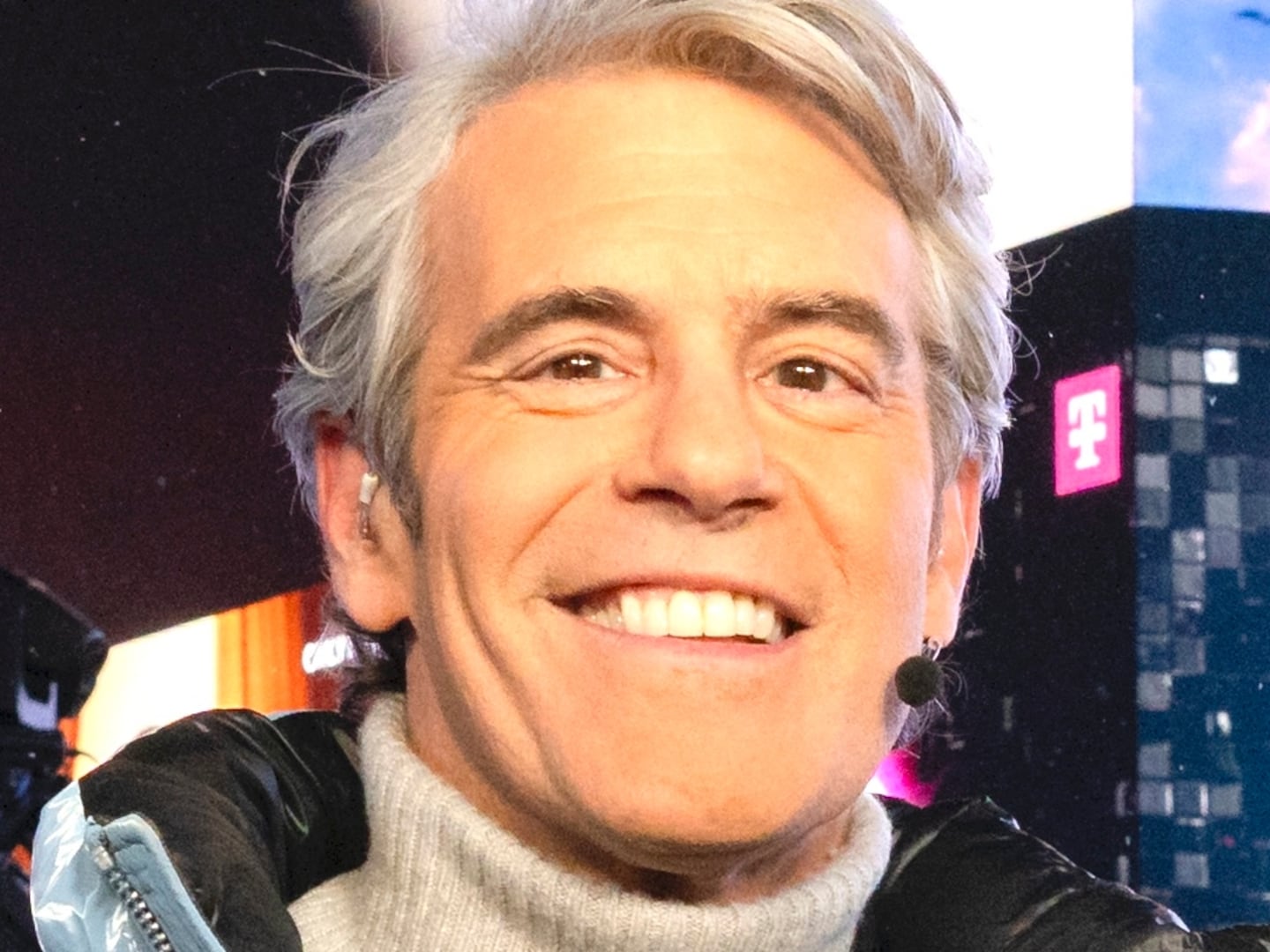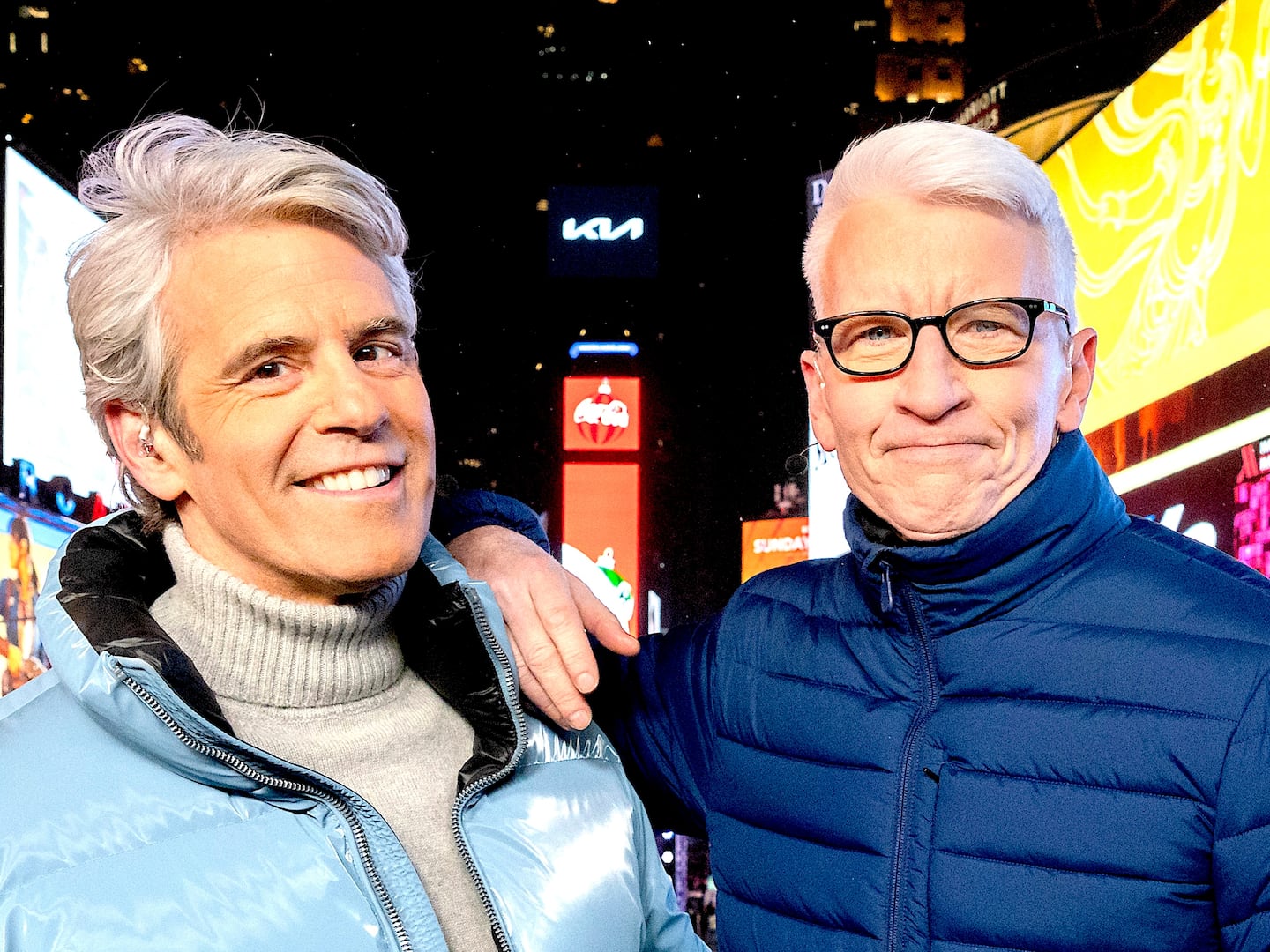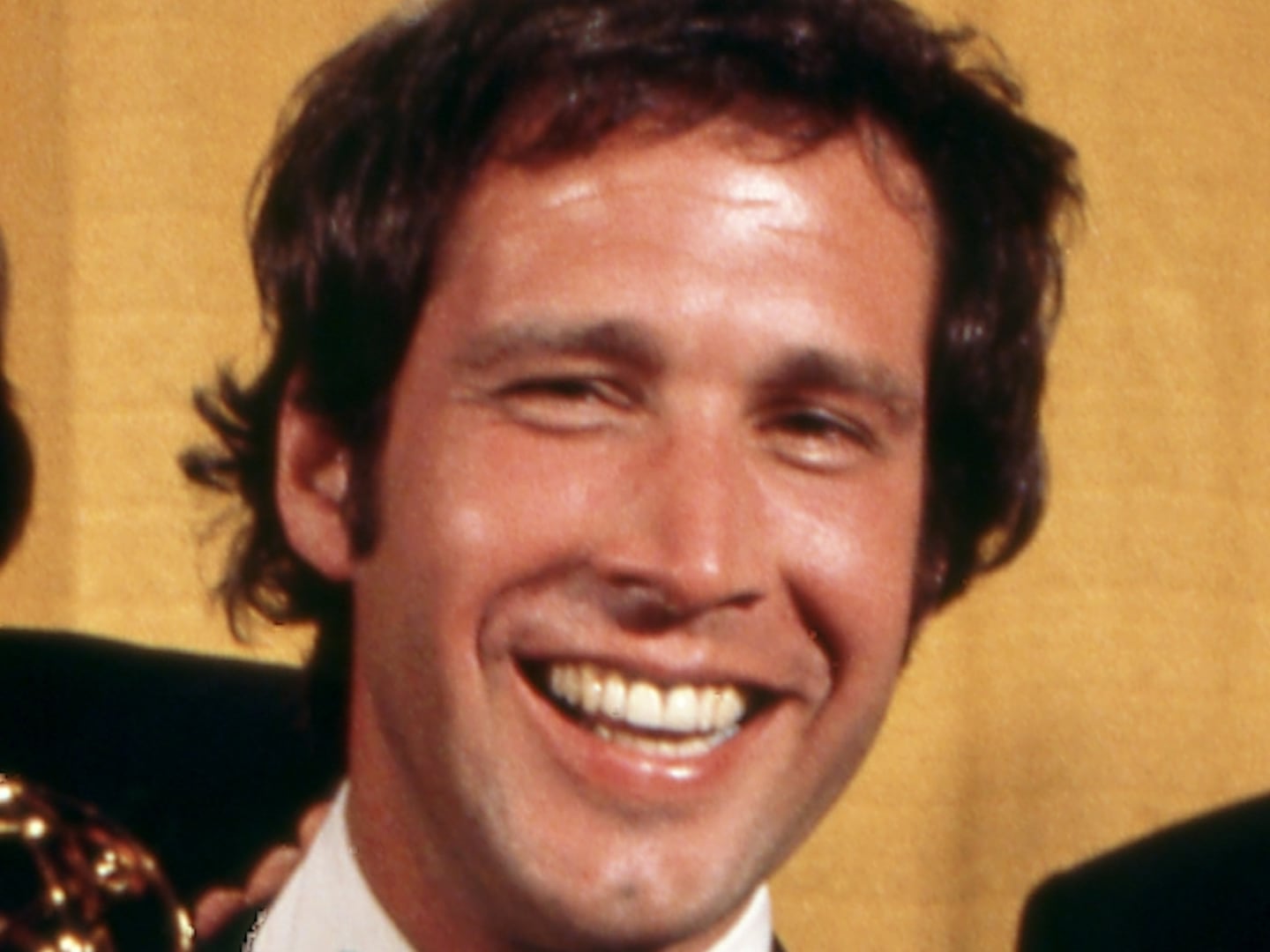Among the countless Simpsons jokes I think about on a near-constant basis, perhaps none comes to mind more often than “Moe gets a cell phone.” In Season 13 of The Simpsons, the show was already well-aware of its own waning critical reception. It lampooned its longevity—which, 21 seasons later, has only become even more surprising—with a self-mocking song performed by NRBQ about how “they’ll never stop the Simpsons”: “Have no fears, we’ve got stories for years,” it goes. “Like Marge becomes a robot! Maybe Moe gets a cell phone! Has Bart ever owned a bear?”
“Moe gets a cell phone” is a wildly threadbare premise for an episode, but if The Simpsons were to continue forever, threadbare premises would have to do. All three of the joking predictions in that song have since come true; Moe got himself a flip phone, and Bart prank-texted him on it. For as often as fans try to argue that The Simpsons is “still good,” “They’ll Never Stop the Simpsons” became not a joke, but an ironic prophecy—a testament to how a good thing doesn’t need to live forever.
This was top of mind as I watched Hulu’s reboot of Futurama, The Simpsons’ sister series and perhaps the most immortal television show of the 21st century. The Hulu iteration (premiering July 24) marks Futurama’s third reboot in 24 years. Original network Fox axed the show after four seasons, disappointed that Simpsons creator/Futurama co-creator Matt Groening had not generated another Simpsons-sized hit. But Adult Swim’s wildly successful reruns inspired Comedy Central to order four direct-to-DVD Futurama movies. (A similar thing happened to fellow Fox one-time castoff Family Guy, which returned to the network after strong numbers on Adult Swim and DVD.)
Comedy Central went on to cut those movies up into 16 episodes, then renewed Futurama for 52 more. But the once-rabid fans eventually soured on New-turama, which went from an exciting prospect to what would have been better as an unrealized dream. (To my mind, the original series finale was absolutely perfect as it was, anyway.) That run ended in 2013, with what was technically Futurama’s third finale in 14 years.
Now, 10 years later, the sci-fi comedy is back once again for a minimum of 20 more episodes. And like the Comedy Central redux, it affirms that nostalgia is a helluva thing—a thing that does not work in New-New-turama’s favor. While Futurama has never been bereft of jokes, what made its original run so spectacular in the first place was that its jokes were exciting, refreshing, and always complemented by character-driven storytelling. Hulu’s Futurama, referred to as Season 11, decides to cut things off at the “joke” part and leave much of the rest of it behind.
The reboot kicks off in admirably quick fashion, with the Planet Express crew (led by Billy West’s Professor Farnsworth, Dr. Zoidberg, and the iconic fish-out-of-water Fry; Katey Sagal’s Leela; Lauren Tom’s Amy; Phil LaMarr’s Hermes; and, best of all, John DiMaggio’s robotic wild-card Bender) waking up after being cryogenically frozen for 23 years. It’s now the year 3023, much to everyone’s surprise. After some brief self-owns about this being yet another reboot, the show gets back to work: The crew gets up to hijinks, caused by Fry’s well-meaning goofiness, Farnsworth’s terrible inventions, Leela’s self-importance, and Bender’s shiny metal ass irrepressible sass.

This take on Futurama is primarily a satire of our present day, 1,000 years before the refresh is set. While the original series took place in the year 3000 and regularly parodied the new millennium’s societal fixations—Al Gore even voiced himself in one episode—that element worked best as biting color in its otherwise original stories of 31st-century aliens, spaceships, and sci-fi weaponry. Hulu’s Futurama sends up the 2020s in a lazier fashion, making its references to today’s world the full joke. One episode finds Farnsworth in need of bitcoin to repay the robot mafia; another skewers our dependence on “Momazon,” the all-powerful online marketplace. There are jokes about streaming services (including Hulu), smart assistants, and even Wordle. When deployed well, references to today are less cloying than they often are here, intended more for us to laugh about their mere invocation than any actual joke.
When the character-based humor hits, though, it still hits hard. Futurama fans will be happy to know that each member of the crew continues to have at least one laugh-out-loud moment each episode, even if it’s as simple as a ridiculous line reading. It helps that, like The Simpsons, most of the supporting cast remains exactly the same—this is a sitcom, after all, and growth is optional. The repartee between these hapless know-nothings, while rarely as clever as the original series’ quick-witted scripts, is still delightful in a familiar, comforting sort of way. This is a show known for its one-liners, and that thankfully hasn’t changed.
At the same time, since Fry and Leela started dating at the end of Comedy Central’s run, the emotional stakes feel concerningly lower—and the elegant emotion was what defined Futurama in the first place. One episode of the reboot hammers this home with frustrating results: “Parasites Regained,” an obvious retread of one of the series’ greatest episodes, Season 3’s “Parasites Lost.” In the original episode, Fry is infested with worms that make him much smarter than ever before. Leela falls for this newer, brainier Fry, much to his delight; all he wants in life is for Leela to love him back. The show mines humor from this numbnut’s sudden eloquence, but it also touches on a much more affecting question: Is it better to be loved for who you seem to be than loved for who you really are? Fry’s answer creates one of the most touching finales, and it’s only one of many memorable, heartfelt moments in the original series.

“Parasites Regained” apes this plot, but switches out Fry with Leela’s pet alien, Nibbler, whose sudden ability to speak and be understood by his owner goes south when he contracts those same ol’ brainworms. That the writers saw fit to retread one of the show’s emotional peaks with something as silly as Leela mourning the loss of her pet’s intellect—her pet’s!—feels almost like an insult to fans’ impassioned investments in the characters. “Parasites Lost” is Futurama at its deepest (and funniest); “Parasites Regained” is the show at its laziest.
In the six episodes I watched, Nüturama doesn’t fully hit “Moe gets a cell phone” levels, even if a lengthy Amazon allegory being one of the revival’s first episodes isn’t a great sign of what’s to come. (There’s also, weirdly, a very blah Christmas episode set to air in… August.) At its best, Futurama remains a charming, sci-fi-tinged hangout comedy in the vein of a futuristic Community or It’s Always Sunny. But the re-reboot only reinforces how great that very first run was, more than 20 years ago. Maybe if Fox hadn’t canceled it and instead let it run forever, à la The Simpsons, it would have still ended up running on fumes. But this latest revival doesn’t suggest that the time off did Futurama much good either.


